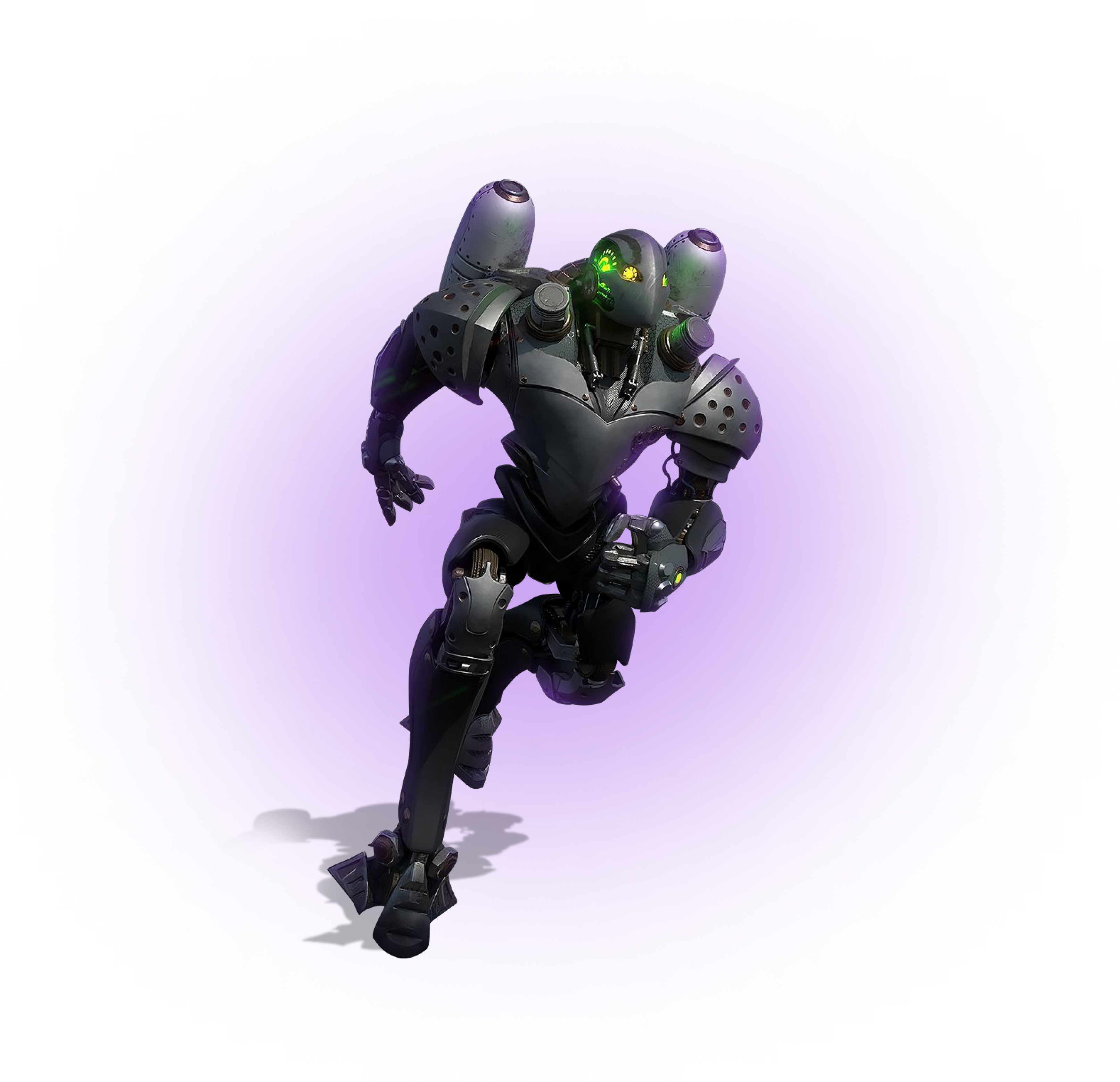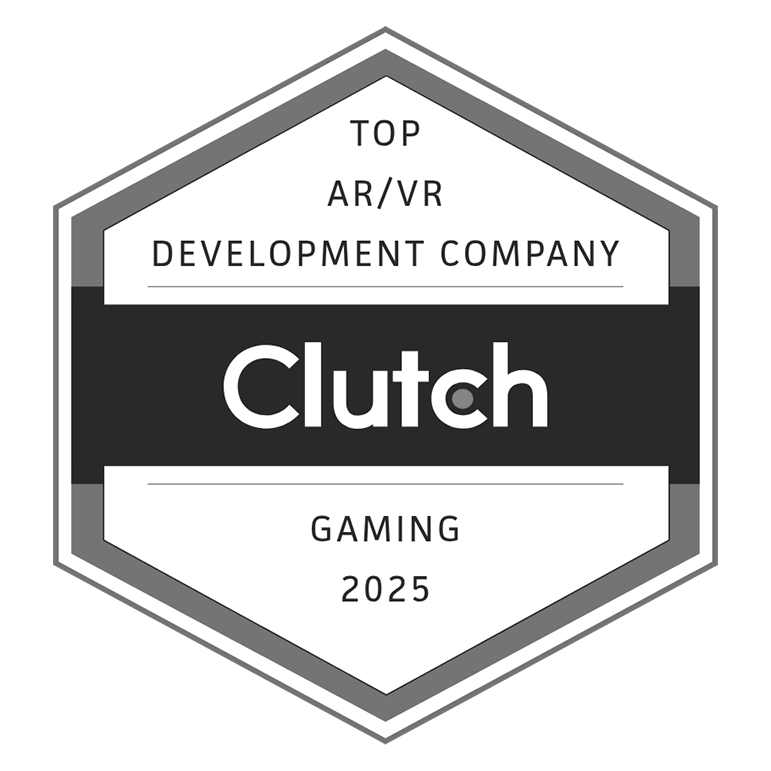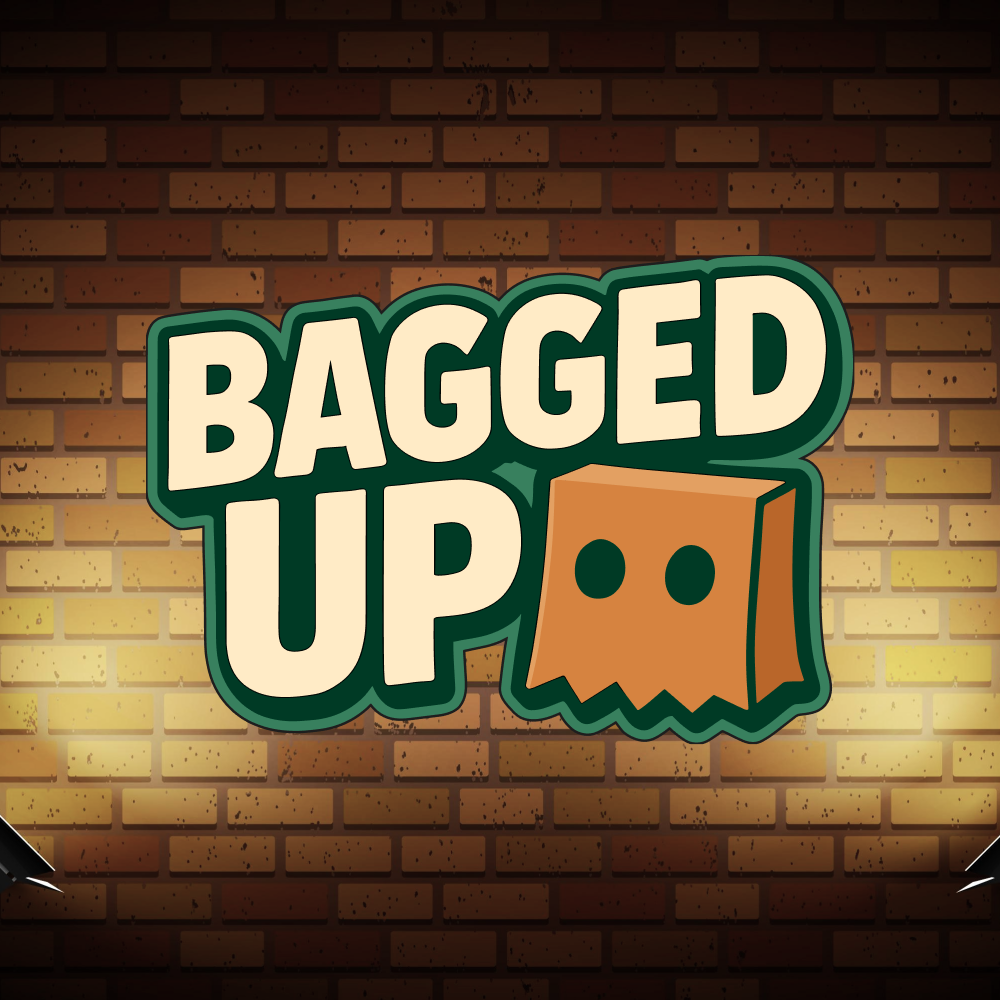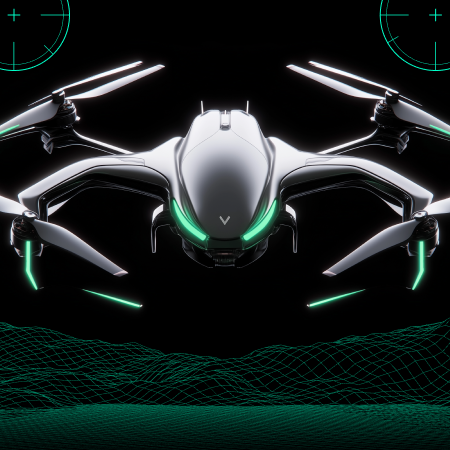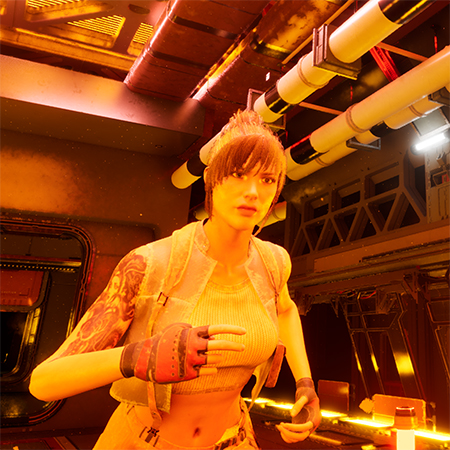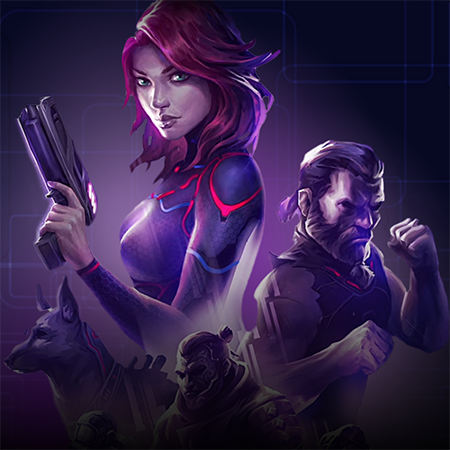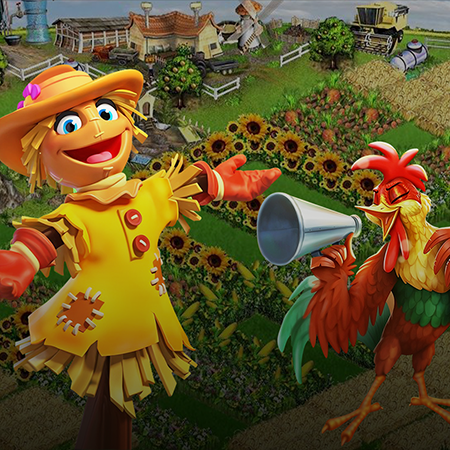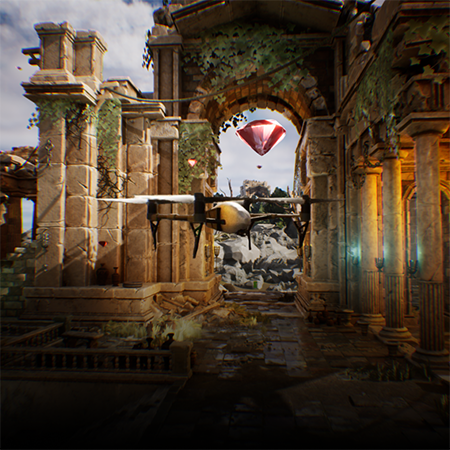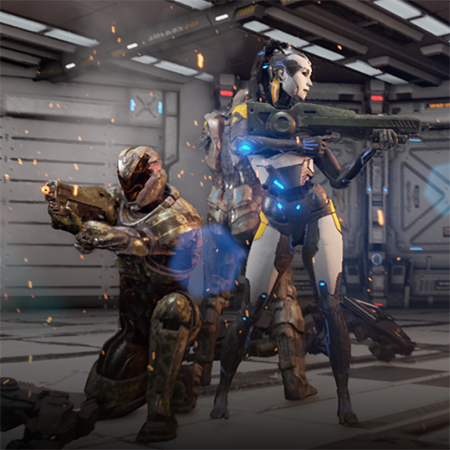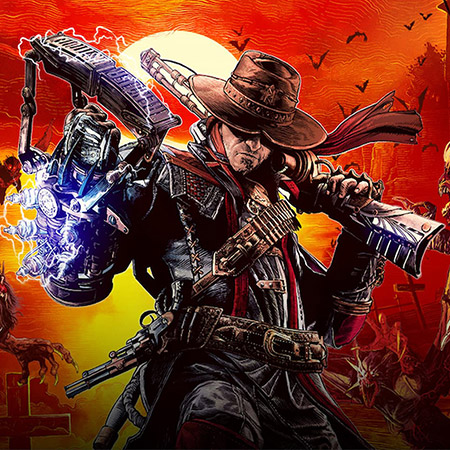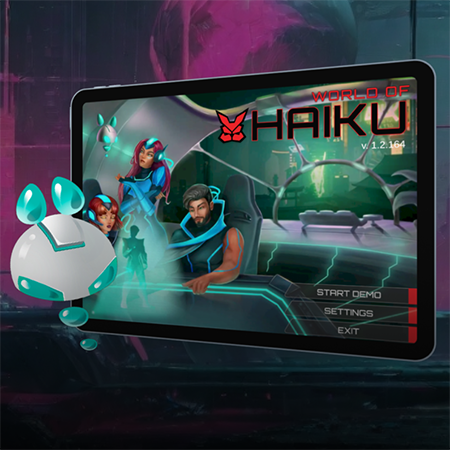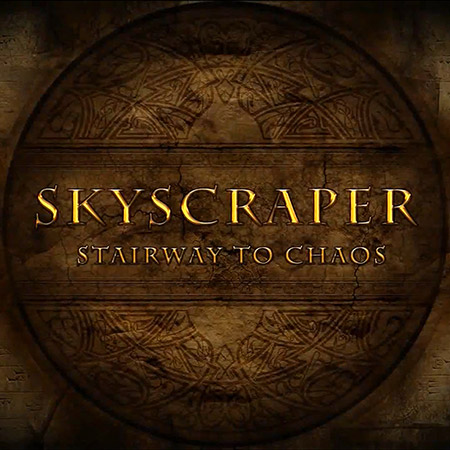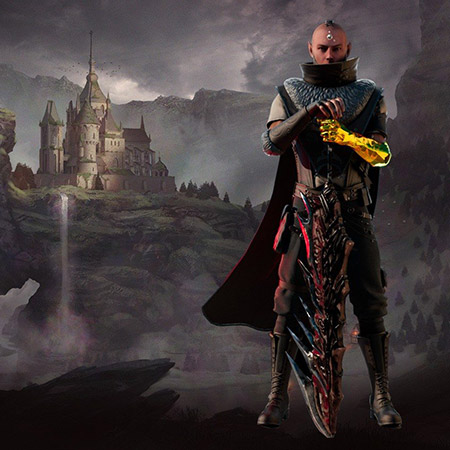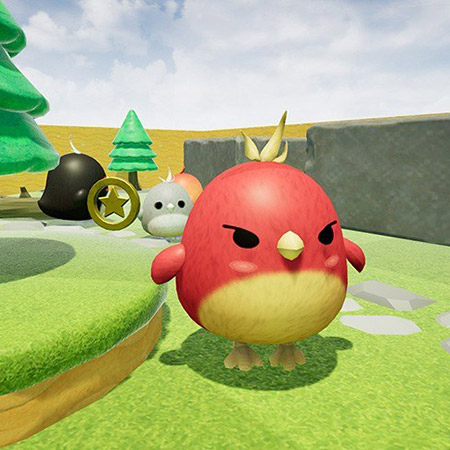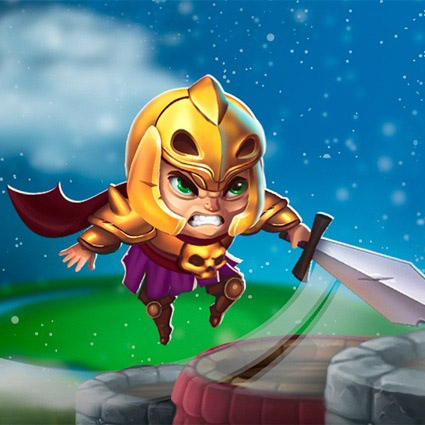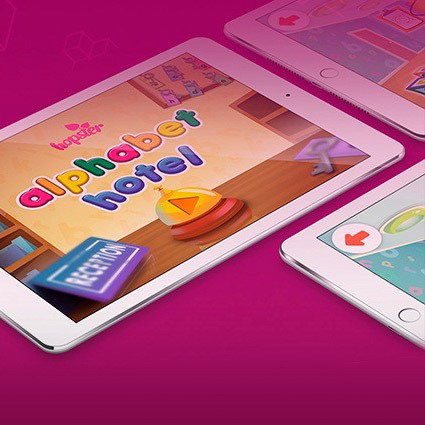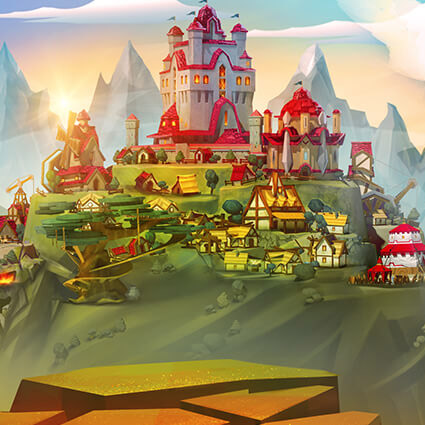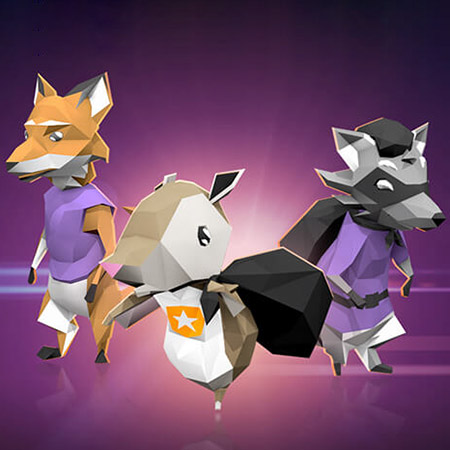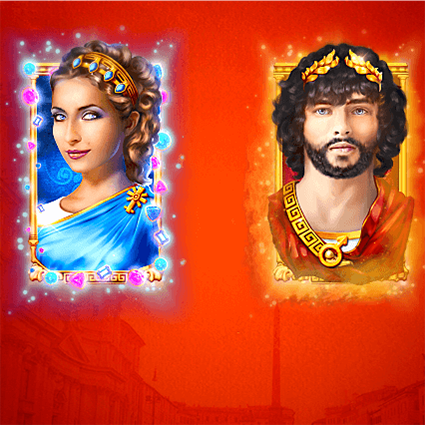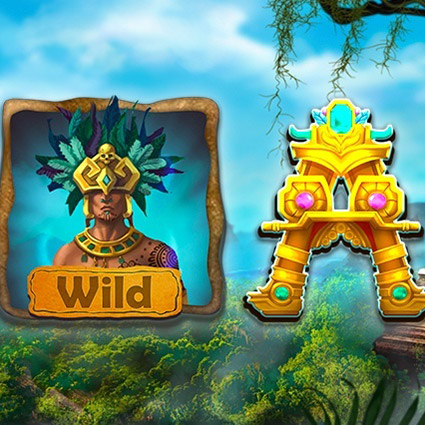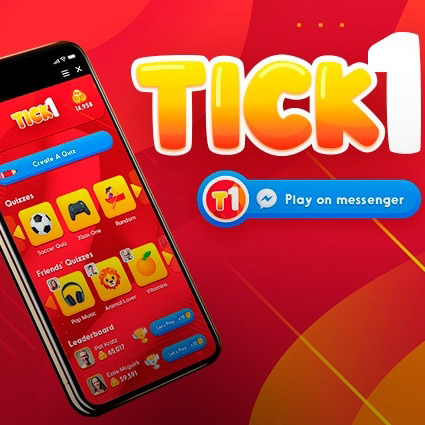Every game development project begins with a pivotal decision: which engine to use? As the foundation of your game, the chosen engine influences design capabilities, workflow, and the final player experience.
One standout in the industry is Unreal Engine, frequently adopted by game development companies for its unparalleled visual fidelity and adaptability. In fact, any custom game development company will attest to its versatility for various project scales, from mobile titles to expansive AAA releases. Yet, is it universally the best option?
In this blog post, we conduct a game engine performance comparison, reviewing technologies like Unreal Engine and Unity, analyzing their merits as well as potential pitfalls. This objective comparison aims to guide budding developers and established studios toward an informed decision. Your game's success hinges on many factors, and choosing the right engine is undeniably one of the most significant.
Why Are Game Engines Important?
Game engines serve as the fundamental backbone for creating and operating video games, enabling developers to bring their visions to life. Their importance can be delineated through several concrete points:
- Streamlined development. Instead of starting from scratch, game engines provide developers with a suite of tools and pre-built functionalities. This reduces the need to create core game mechanics, such as physics or rendering, from the ground up, considerably shortening development timelines.
- Platform flexibility. Modern game engines, like Unity and Unreal, offer cross-platform capabilities, meaning a game can be developed once and then easily ported to multiple platforms. These platforms can be PCs, consoles, mobile devices, and VR/AR systems, maximizing potential audiences.
- Consistency and stability. A game engine ensures uniformity in how the game runs across various systems. By standardizing the core architecture, it reduces inconsistencies and unexpected behavior, providing a stable user experience.
- Visual and audio tools. Game engines come equipped with integrated visual and audio tools. Such an approach allows for creating stunning graphics, animations, and soundscapes without requiring external software or extensive manual coding.
- Community and support. Popular game engines have vast communities and extensive documentation. Developers can access a wealth of resources, tutorials, and shared assets, let alone benefit from peer support when tackling challenges.
- Monetization and analytics integration. Many game engines now offer built-in solutions for in-game advertising, in-app purchases, and analytical tools, facilitating not just the game's creation but also its potential profitability and understanding of user behavior.
All in all, game engines are not just facilitators; they are catalysts. They empower developers to focus on innovation and creativity by handling the intricate, technical heavy lifting, ensuring that games are not just functional but also market-ready and player-friendly.
How to Choose the Right Game Engine
Selecting the appropriate game engine, especially when considering 2D game development, is a critical step that shapes the trajectory of your project. A 2D game engine comparison can provide valuable insights into the strengths and weaknesses of each option. Multiple factors, including graphics capabilities, ease of use, and community support, should inform the decision. It's essential to weigh these elements carefully to ensure your game reaches its full potential.
Project scale and scope
If you are developing a large-scale AAA title, engines like Unreal may be more suitable due to their high-end graphics capabilities. Conversely, for smaller indie projects or 2D games, engines like Godot or GameMaker might be more apt.
Platform targeting
Identify your primary platform — PC, consoles, mobile devices, VR/AR, or a combination. Unity, for example, boasts broad cross-platform support, making it a favored choice for projects with multiple platform targets.
Budget constraints
While some engines like Unity and Unreal are accessible in free versions, they might charge royalties or licensing fees for large-scale commercial projects. On the other hand, engines like Godot are open-source and free, irrespective of project size.
Skillset and learning curve
Your team's familiarity with programming languages can guide your choice. Unreal Engine uses C++ and its visual scripting language, Blueprints, whereas Unity primarily employs C#. An engine's learning curve should also be considered.
Graphics and rendering
If your game relies heavily on visual fidelity, choose an engine known for its rendering capabilities. For instance, Unreal Engine is renowned for delivering photorealistic visuals.
Community and support
A vibrant community can be a lifeline. A larger user base often means more tutorials, forums, and third-party assets available to aid your development process.
Monetization and integration
If your game incorporates in-app purchases, ads, or analytics, ensure the engine supports these features or integrates well with third-party solutions.
Long-term vision
Think about the engine's update history, roadmap, and company stability. Aligning with a continually updated engine is essential for your game's lifecycle.
Ultimately, choosing the right game engine, especially for 3D projects, requires a detailed 3D game engine comparison. It's a mix of technical requirements, team proficiency, financial considerations, and long-term vision. A thorough evaluation, taking into account the capabilities and features of various 3D engines, ensures a smoother development process and a final product that aligns with your vision.

Best Game Engines for Game Development
Game development relies heavily on the choice of engine. The right game engine provides the necessary tools and technologies for optimal performance. Different engines cater to different requirements, from graphics capabilities to physics simulations. This list will detail the top game engines, highlighting their primary features and benefits. Understanding each engine's strengths will guide developers in making an informed decision for their projects.
1. Unity
The fundamental question is: How good is Unity for game development? The answer is evident in its robust and innovative features. Unity is a cross-platform game engine developed by Unity Technologies. Over the years, Unity has expanded its capabilities to support desktop, mobile, console, and virtual reality platforms. It has gained significant popularity for iOS and Android mobile game development due to its user-friendly interface, making it a top choice for beginners and indie developers.
Unity's features support various graphics APIs like Direct3D, OpenGL, and Vulkan. It also offers advanced rendering capabilities, including real-time global illumination, dynamic shadows, and post-processing effects. Unity's asset store is valuable, providing developers with many third-party assets, plugins, and even complete game examples.
The 2023.1 Tech Stream release showcases this commitment, introducing enhanced features for the High Definition Render Pipeline (HDRP) and Universal Render Pipeline (URP). These improvements elevate render quality and bring about platform graphic advancements and expanded connectivity for multiplayer solutions. Unity's adaptability is evident with its new offerings like the Adaptive Performance Android Provider, which extends performance packages to Android devices.
Furthermore, Unity's Shader Graph now employs Variant Keyword Prefiltering, significantly reducing shader processing time. Given these advancements, it's no wonder many opt to hire Unity developers or collaborate with a Unity game development studio.
2. Unreal Engine
Unreal Engine, crafted by Epic Games, is renowned for its state-of-the-art capabilities in game development. Its high-end graphics rendering ensures photorealistic visuals, making games more immersive and visually captivating. The engine's Blueprint scripting system allows both programmers and non-programmers to prototype and build gameplay mechanics quickly. With a robust physics engine, developers can simulate realistic movements, collisions, and environmental interactions. The engine's scalability ensures that games run smoothly across various platforms, from PCs to mobile devices.
As the NFT market grows, many developers use Unreal Engine for NFT game development, capitalizing on its adaptability and high-performance features. Given its robust features and continuous advancements, almost every Unreal Engine game development company is eager to hire professional developers in order to harness its capabilities for cutting-edge game projects.
The introduction of the new programming language, Verse, designed for the metaverse, offers enhanced customization capabilities, further enriching the game development process. With the rise of NFTs, Unreal Engine's adaptability makes it a prime choice for NFT game development. Given its robust features and continuous advancements, many companies are eager to hire Unreal Engine developers to harness its capabilities for cutting-edge game projects.
3. GameMaker
GameMaker, a versatile game development platform, has been making waves with its innovative features. In its 2023 update, GameMaker introduced a reworked compiler and runtime toolchain, ensuring faster performance and streamlined coding. This update allows developers to compile to each platform natively, eliminating the need to choose between VM and YYC.
Additionally, GameMaker is embracing the modding community by integrating an extension that connects games to mod.io, a renowned platform for game mods. A redesigned Code Editor is on the horizon, promising a more intuitive interface and support for multiple languages, including Shader Languages. GameMaker's Prefab Library is another highlight, enabling developers to integrate prefabs into their projects seamlessly. With these advancements, GameMaker continues to solidify its position as a top-tier game development tool.
4. CryEngine
CryEngine, developed by Crytek, is a cutting-edge game development platform known for its impressive graphical capabilities. It boasts features such as real-time dynamic global illumination, physically based rendering, and a comprehensive physics system that simulates real-world properties, providing dynamic and realistic scenes. The engine's "Sandbox" tool allows developers to create expansive worlds seamlessly, ensuring that what you see in the editor is precisely what you get in the game.
CryEngine's exclusive Audio Translation Layer offers flexibility by letting developers choose their preferred audio middleware. Furthermore, its support for DirectX 12 and advanced rendering techniques like voxel-based global illumination (SVOGI) ensures games have photorealistic visuals. With these features, CryEngine provides a comprehensive solution for next-generation game development.
5. AppGameKit
AppGameKit is a powerful game development tool tailored for both beginners and seasoned developers. Originating from The Game Creators, a British company with over 20 years of experience in game development software, AppGameKit Studio stands out with its robust 2D and 3D features. It offers developers the flexibility to create a diverse range of games, from neon shooters to intricate puzzle games.
One of its standout features is its full support for 3D graphics, a capability often limited in consumer-level development software. Additionally, AppGameKit Studio supports advanced rendering techniques, including Vulkan and OpenGL, and offers features like augmented reality and virtual reality. Its versatility extends to various platforms, allowing developers to craft games for Android, iOS, Windows, Mac, and Linux.
6. Godot
Godot is an open-source game engine gaining traction for its flexibility and user-friendly interface. Unlike many other game engines, Godot offers a unique scene system, where everything is a scene — from characters to levels, allowing for modular design and easy reuse of components. It supports both 2D and 3D game development with dedicated workflows for each.
The engine's scripting is done using GDScript, a Python-like language, but it also supports C# and C++. One of Godot's standout features is its drag-and-drop visual scripting, making it accessible for those without coding experience. Additionally, its lightweight nature and ability to export to multiple platforms without additional costs make it a favorite among indie developers. With a strong community backing, Godot continues to evolve, offering a plethora of tools for game creators.
7. Solar2D
Solar2D, previously known as Corona SDK, is a free and open-source 2D game engine that offers a fast and efficient way to create mobile games. It utilizes the Lua scripting language, known for its simplicity and speed, enabling developers to write less code while achieving more. One of Solar2D's standout features is its "live-build" system, which allows developers to see changes in real time on connected devices. This significantly speeds up the development and testing process.
Additionally, Solar2D supports a wide range of plugins, allowing for easy integration of third-party services and functionalities. Its ability to deploy to multiple platforms, including iOS, Android, and desktop, with a single codebase makes it a preferred choice for many indie developers and studios looking for a streamlined game development process.
8. Defold
Defold is a versatile game engine designed for both 2D and 3D game creation. It is built with a component-based system, ensuring optimal performance and modularity. Defold's animation system is robust, supporting flipbook animations for sprites, GUI nodes, and particles, as well as bone animations for models. The engine also boasts an artist-friendly scene editor, allowing developers to assemble and lay out game assets seamlessly.
Defold integrates 2D and 3D physics for physics simulations, offering precise collision detection joint and motor support. All game logic in Defold is scripted using Lua, a popular and efficient scripting language. Furthermore, Defold's cross-platform capabilities mean developers can create a game once and deploy it across multiple platforms without modifications.
9. Phaser
Phaser is a renowned open-source framework tailored for creating 2D games for the web. Developed in JavaScript, it offers a fast, fun, and free approach to game development. One of Phaser's strengths is its ability to produce games that work seamlessly across various platforms, ensuring a broad reach for developers. Its comprehensive set of features includes physics simulations, tilemaps, sound, and more, all accessible through a clean and intuitive API.
The framework is backed by a vibrant community, ensuring regular updates, plugins, and shared resources. Its flexibility allows for the creation of everything from simple arcade games to complex, multi-level adventures. As web-based gaming continues to grow, Phaser remains a top choice for developers aiming to produce high-quality, browser-compatible games.
Endless Runner Game Development Prototype
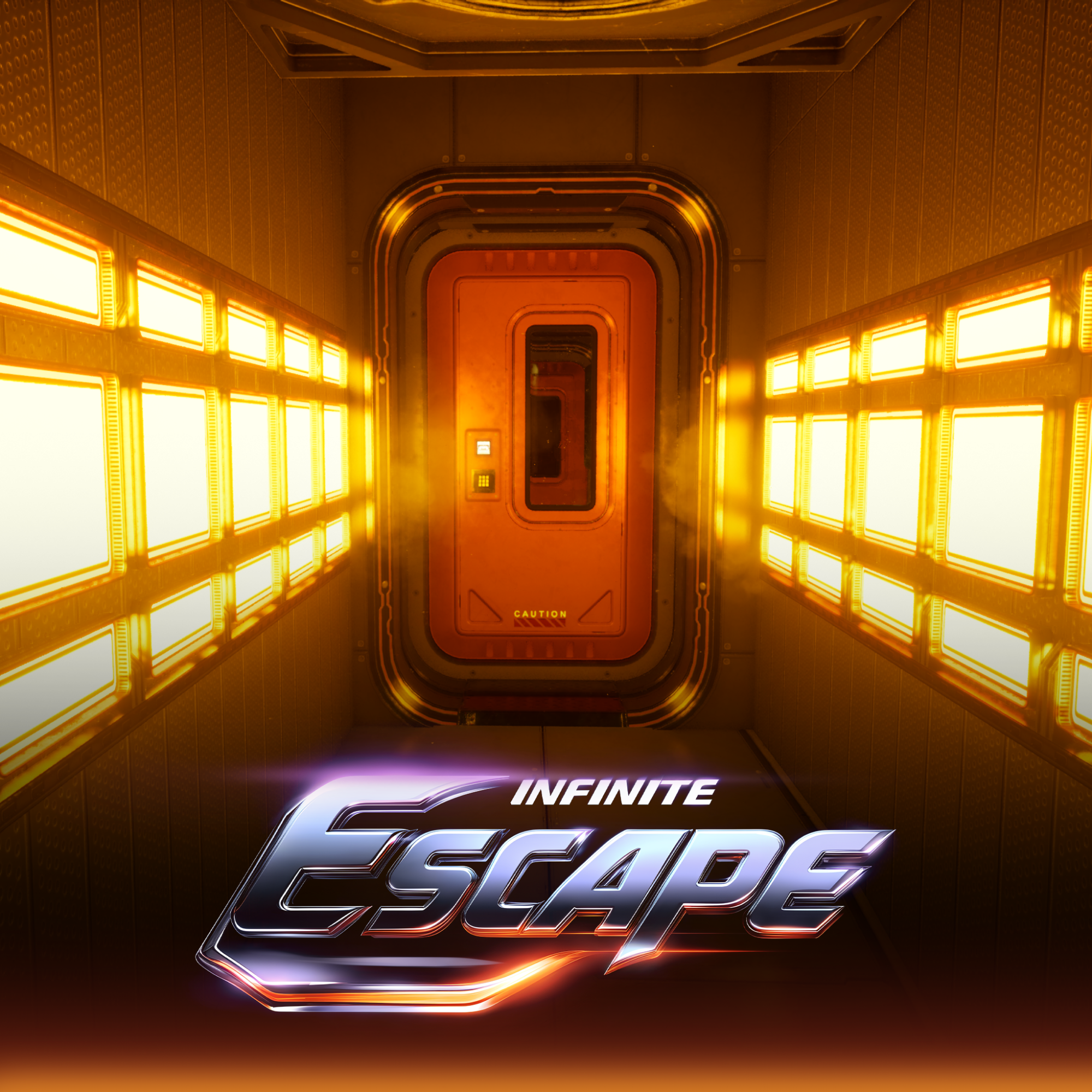
Infinite Escape pushes endless runner boundaries with its sci-fi world, procedurally generated environments, and lane-switching gameplay. Developed in Unreal Engine, it delivers responsive controls and adaptive difficulty. Discover how endless runner game development can help ensure immersive experiences.
10. RPGMaker
RPGMaker, developed by Gotcha Gotcha Games, is a renowned platform for creating role-playing games. The latest iteration, RPG Maker Unite, is set to revolutionize the series by integrating with the popular Unity Editor. This integration aims to maintain the non-coding essence of RPGMaker while leveraging Unity's capabilities. At first, it will be available initially on the Unity Asset Store, with a subsequent Steam release planned.
RPG Maker Unite boasts native full HD resolution support, an innovative outline editor, automated balance tuning guides, and native mobile builds. Additionally, it offers customizable C# scripts, ensuring developers have the flexibility to craft unique game mechanics. With its rich library of assets and a premade database, RPGMaker continues to empower creators to bring their RPG visions to life.
| Game Engine | 2D/3D | Simplicity of Use | Work with assets | VR Support | Community Support |
| Unity | Both | **** | ***** | Yes | ***** |
| Unreal Engine | Both | **** | ***** | Yes | ***** |
| GameMaker | Both | **** | **** | No | **** |
| CryEngine | Both | *** | **** | Yes | **** |
| AppGameKit | Both | **** | **** | No | *** |
| Godot | Both | **** | **** | Yes | **** |
| Solar2D | 2D | ***** | **** | No | **** |
| Defold | Both | **** | **** | No | **** |
| Phaser | 2D | ***** | **** | No | **** |
| RPGMaker | 2D | **** | *** | No | **** |
To note: the number of “*” reflects the rating of each aspect of the engines in the table.
From Game Engine Comparison to Development with Game-Ace
Choosing the right partner for your game project is crucial, and Game-Ace stands out as a top-tier game development studio. With a rich history of delivering exceptional gaming experiences, our expertise spans across various genres and platforms. Our team is dedicated to transforming your vision into a captivating game that resonates with players worldwide.
By choosing Game-Ace, you are not just hiring developers; you are partnering with a team that prioritizes your success. If you are ready to embark on a game development journey that exceeds your expectations, don't hesitate. Contact us today, and let's bring your gaming vision to life.
 Unlocking Cinematic Quality in Unreal Engine 5.6: Insider Tips from GameDev Industry Pros
Unlocking Cinematic Quality in Unreal Engine 5.6: Insider Tips from GameDev Industry Pros  Unity 6: Revolutionizing Game Development for the Next Generation
Unity 6: Revolutionizing Game Development for the Next Generation  How to Develop an Endless Runner Game in Unreal Engine: A Step-by-Step Guide
How to Develop an Endless Runner Game in Unreal Engine: A Step-by-Step Guide 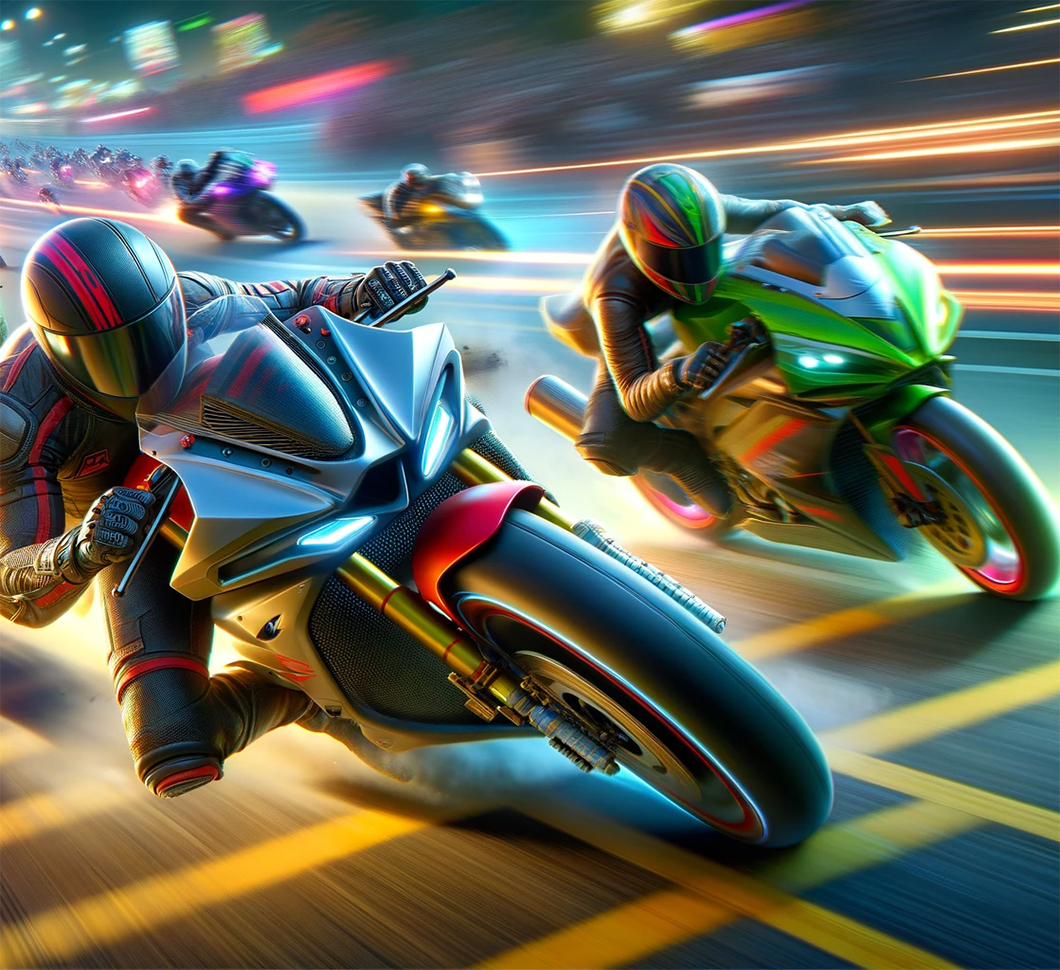 Rapid Game Development: Unleashing Creativity with Speed and Precision
Rapid Game Development: Unleashing Creativity with Speed and Precision 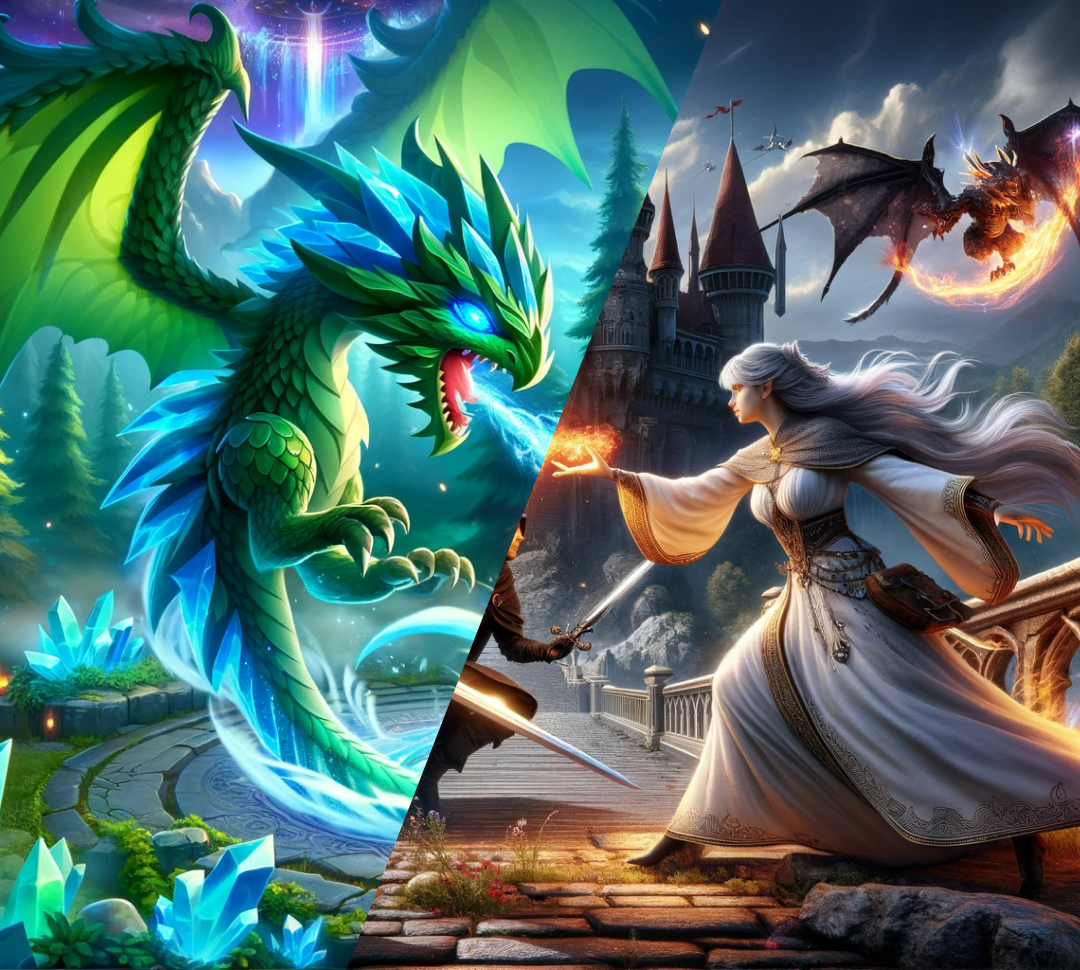 How Much Do You Know About Games in the Unity 2D vs. 3D Battle?
How Much Do You Know About Games in the Unity 2D vs. 3D Battle? 